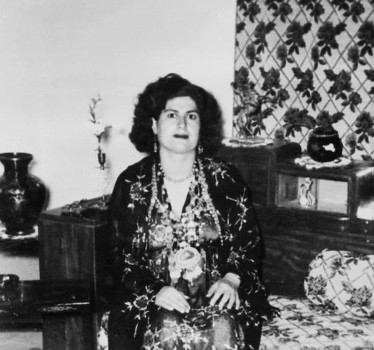In this article, Richard Wilding looks at relations between the British and Ottoman Empires before, during, and after World War I, and the reasons why the British invaded Mesopotamia in 1914. He also examines the disputed status of the Mosul vilayet after the armistice of 1918, which created the opportunity for an independent Kurdish state.
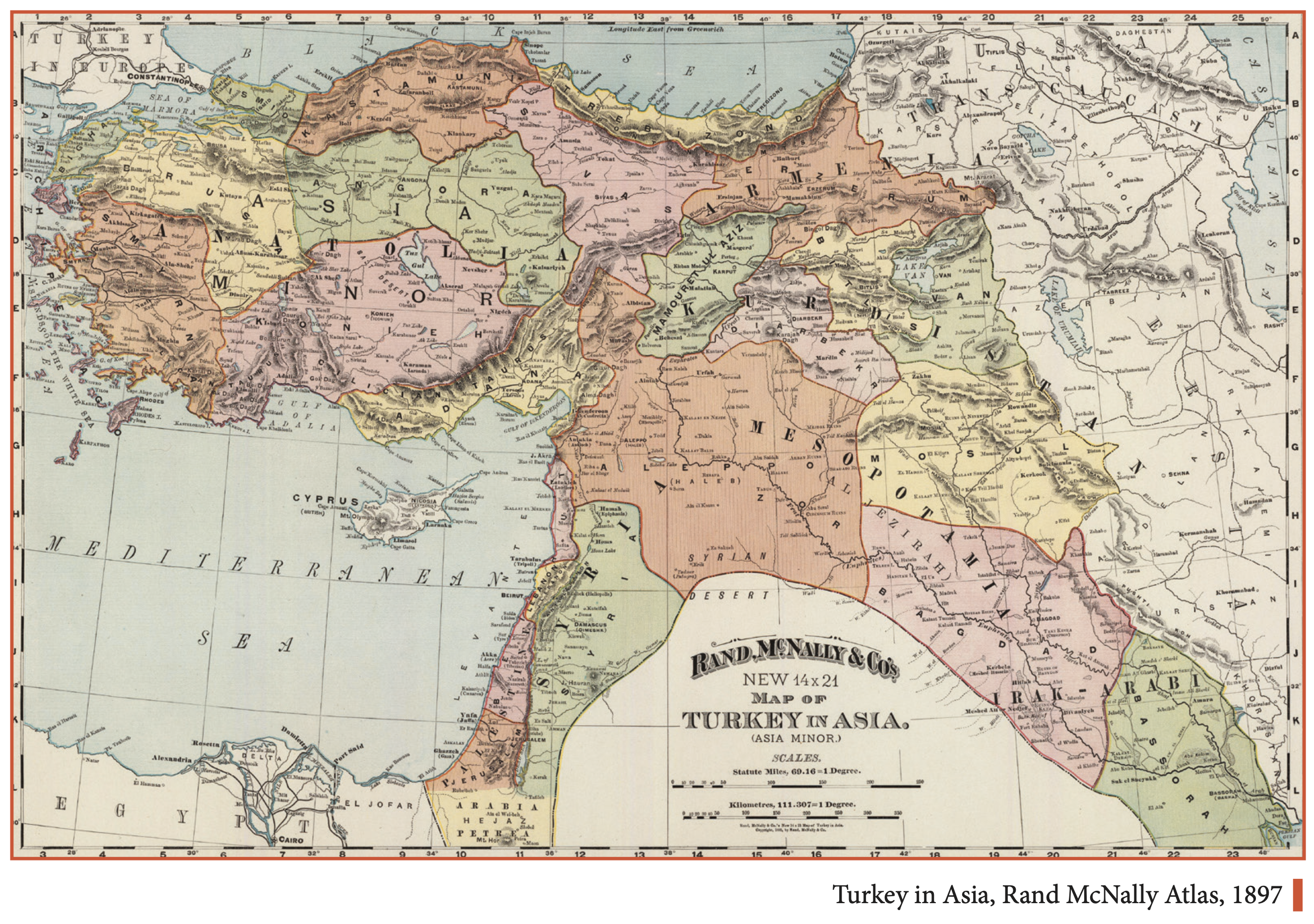
The British public may be familiar with Iraq and Kurdistan through relatively recent events such as the US-led invasion of 2003 and the defeat of ISIS from 2014. But they are less aware of Britain’s role in establishing the state of Iraq after World War I and in creating the circumstances that promised and then denied independence for the Kurds.
The Ottomans conquered Mesopotamia in the early 16th century but never gained complete control. Several semi-autonomous Kurdish principalities existed from the 16th to 19th centuries during the state of continuous warfare between the Ottoman Empire and Safavid Iran. In the decades following the Treaty of Erzurum in 1823, the Persian threat was reduced, and the Ottomans brought the Kurdish principalities under more direct control.
In more modern times, from 1867 until 1918, the Ottoman Empire was divided for the purposes of administration into vilayets. The Iraq of today is composed of the former vilayets of Basra, Baghdad, and Mosul, with the Kurds concentrated mostly in the Mosul vilayet, which was subdivided into the sanjaks of Mosul, Kirkuk and Sulaimani.
At its height, the Ottoman Empire ruled the Middle East, much of north Africa, and south-eastern Europe, but by the late 1800s the empire was in decline. The Ottomans owed more than two million pounds to European banks, and trade had fallen behind great powers such as Britain and France. They did, however, retain many strategic coastlines and ports, which were coveted by the European powers. 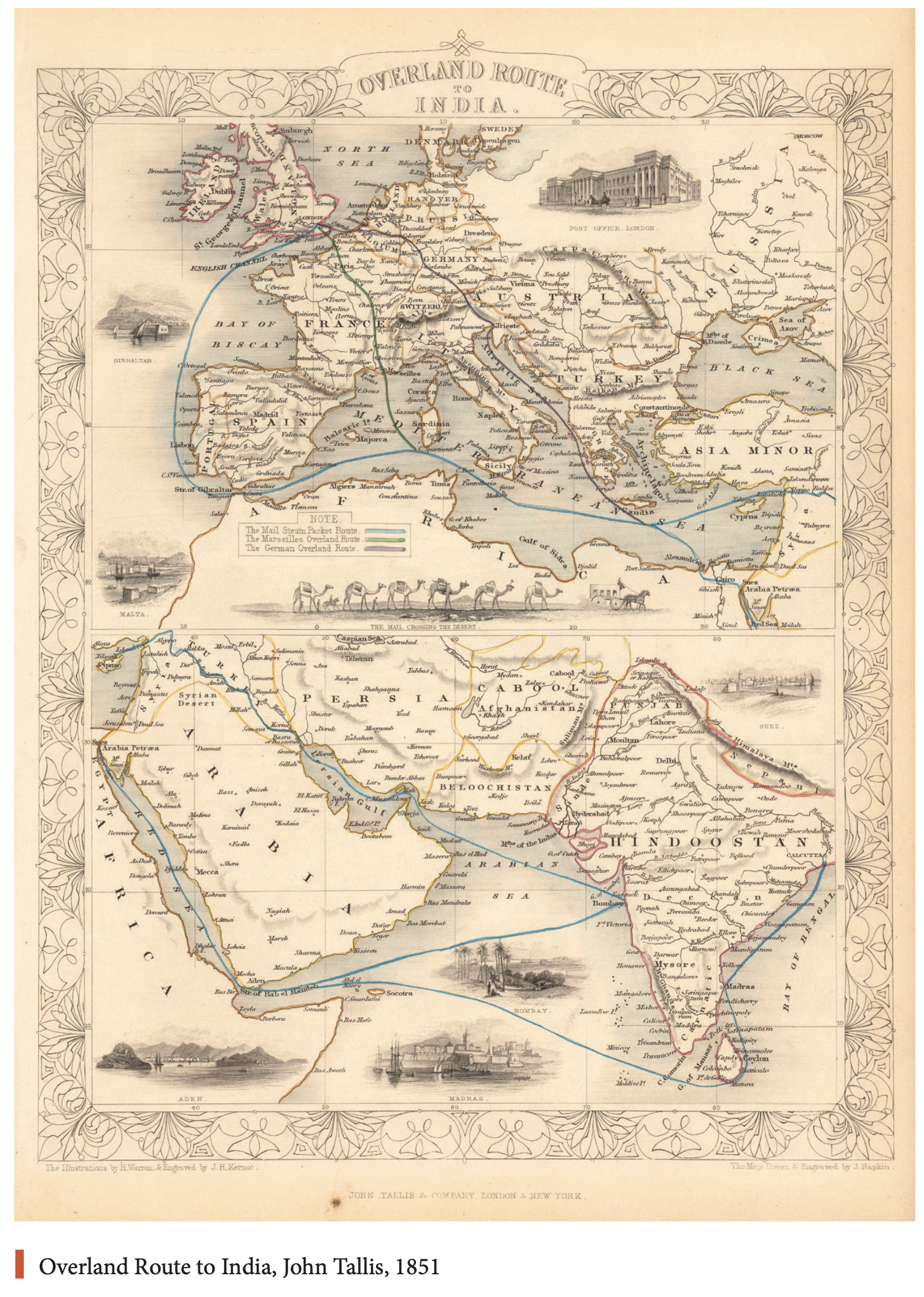
Britain seized control of Egypt in 1882, securing the British a route to India via the Suez Canal. British policy in Mesopotamia was to protect the Ottoman Empire against the Russians and other predators, mainly to safeguard the overland British route to India via the port of Basra and the Persian Gulf. However, with the increasing importance of oil to the British Navy, these priorities shifted.
In 1911, Winston Churchill was made First Lord of the Admiralty. Churchill sought to modernize Britain's Royal Navy by adopting oil as fuel for its ships instead of coal. The benefits of this were proven, but while Britain’s domestic production of coal was plentiful, it had no source for oil, either domestically or within its empire.

In June 1914, Churchill convinced the House of Commons to authorize the government purchase of a 51 percent share in the Anglo-Persian Oil Company to secure continued access to oil for the Royal Navy. Two weeks later, an assassin killed the Archduke Franz Ferdinand in Sarajevo. Six weeks after that, Germany attacked France. The Great War had begun, and by its end, war without oil would be unimaginable.
To secure the safety of the Anglo-Persian Oil Company’s Abadan oil refinery against possible Turkish attack, the British sent an Indian Expeditionary Force to the Gulf. After winning some minor engagements against Turkish forces, it marched into Basra on November 23, 1914. The safety of Basra and Abadan required defense in depth against the Turks, who still held the rest of Mesopotamia. A display of British military power was also deemed necessary to impress the Arabs, and Britain’s allies in the Persian Gulf.
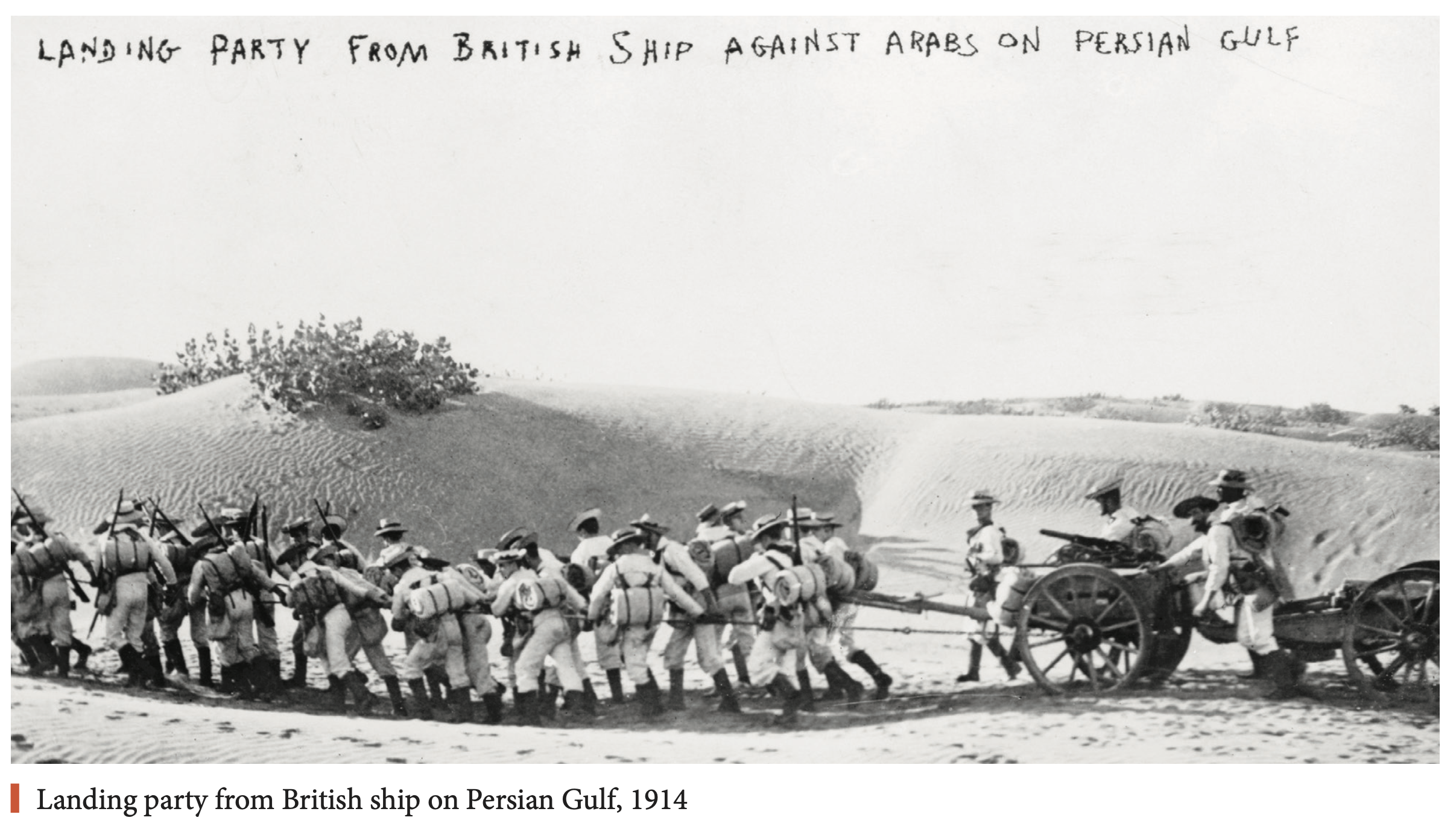
This required the occupation of Baghdad, but defeat at Ctesiphon in November 1915, followed by the humiliating surrender at Kutal-Amara in April 1916 meant the provincial capital was not taken until August 1917. Meanwhile, secret agreements were being made for the partition of Ottoman territory in the event of an Allied victory. For the future of Iraq, the most important of these competing claims were those of Britain and France. The French from the start demanded control of Syria, while Britain wanted to control the Persian Gulf and keep possible rivals away from Basra.
Negotiations were led by Sir Mark Sykes on the British side and François Georges-Picot on the French side. They held discussions during the winter of 1915-1916, even visiting Petrograd in March 1916 to obtain Russian agreement. The result was the now infamous Sykes-Picot Agreement.
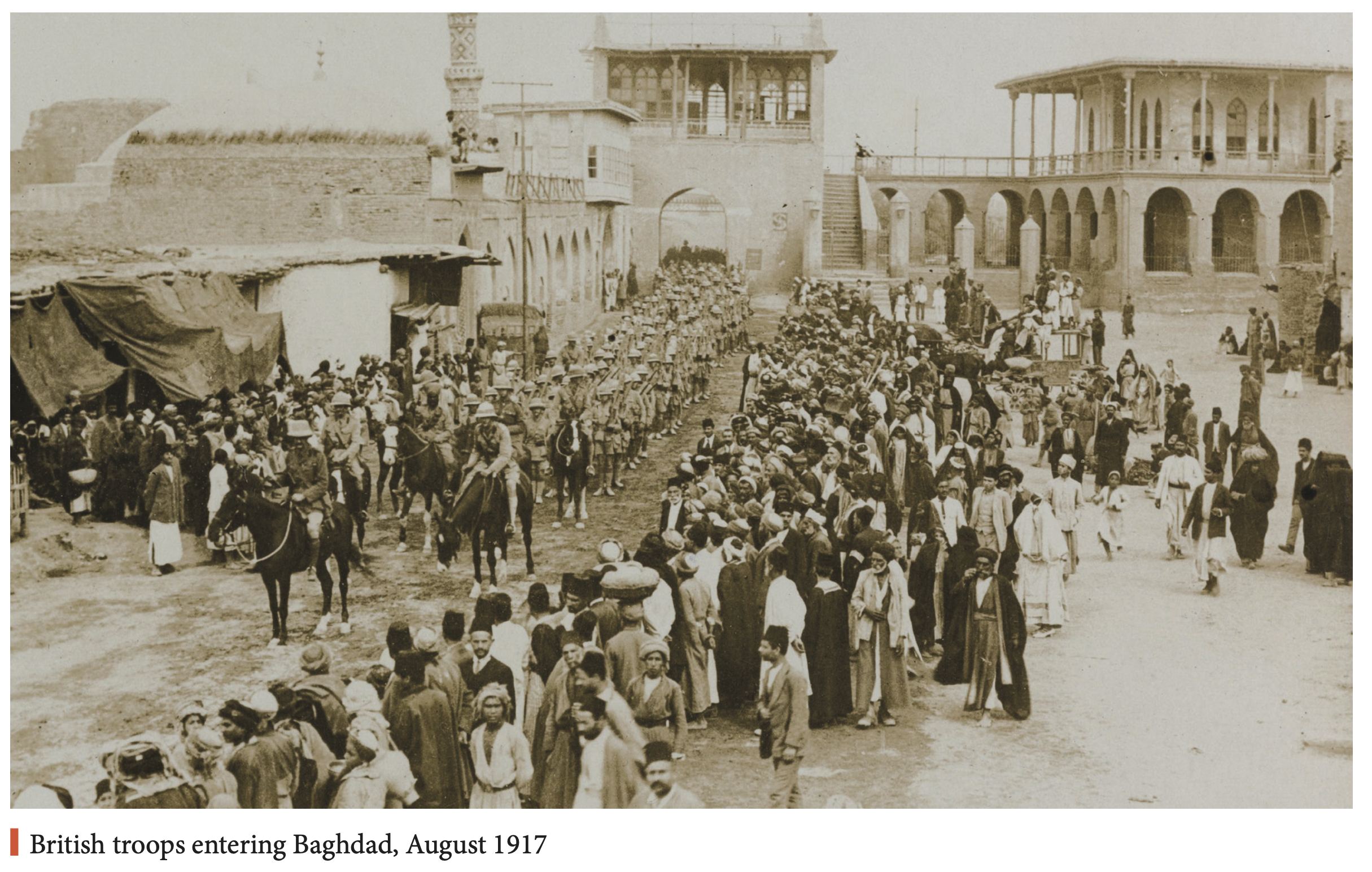
A parallel set of proposals had been developed by the British in Cairo, which were later said to be inconsistent with Sykes-Picot. In a series of letters exchanged with the Sharif of Mecca Hussein bin Ali, the British government agreed to recognize Arab independence after the war in exchange for the Sharif and his Hashemite family launching an Arab Revolt against the Ottoman Empire.
Led by Emir Faisal, the second son of Sherif Husain, Arab forces expelled the Ottomans from the Hejaz, a campaign later romanticized by T.E. Lawrence. On October 5, 1918, with the blessing of the British General Allenby, Faisal declared the formation of an Arab government in Damascus.
While Faisal’s Arab army and General Allenby’s Egyptian Expeditionary Force were pursuing the retreating Ottoman forces through Syria, the Indian Expeditionary Force was advancing in parallel up the Tigris River in Mesopotamia.
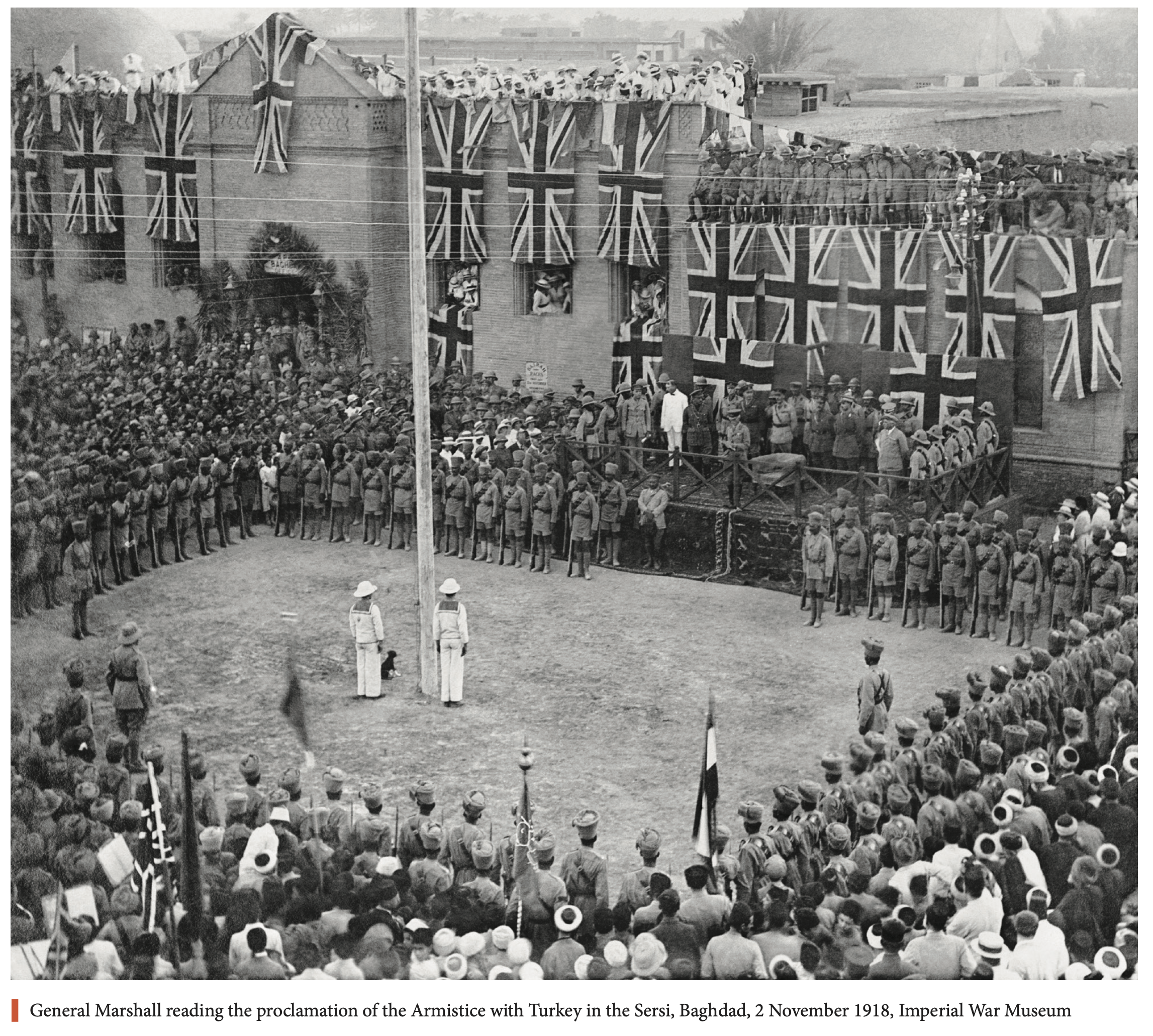
An armistice was signed with the defeated Ottoman Empire at Mudros on October 30, 1918, and hostilities ceased the following day. At the time, the British troops pursuing the Ottoman army were then 40 miles south of Mosul, and military occupation of the city did not occur until November 10. Since this occurred after the armistice, the Turks continued to claim until 1926 that Mosul was theirs.
To counter Turkish claims in the Mosul vilayet, the British hoped to establish one or more Kurdish provinces to be loosely attached to whatever administration might ultimately be established in Baghdad. In 1919, Britain appointed Shaikh Mahmoud, from one of the leading Sufi dynasties of Kurdistan as ruler in Sulaimani. The following year, Britain installed Emir Faisal as King of the newly created state of Iraq. The contrasting fortunes of these two rulers is, however, another story.
Richard Wilding produces award winning exhibitions, films and books that explore the history and heritage of Kurdistan and other regions of the Middle East.
Since 2012, Richard has been Creative Director of Gulan, a charity which promotes Kurdish culture in the UK. In 2021, he was elected as a Fellow of the Royal Geographical Society, London.
Richard is currently producing a film about Shaikh Mahmoud and 100 years of Kurdish / British relations.
